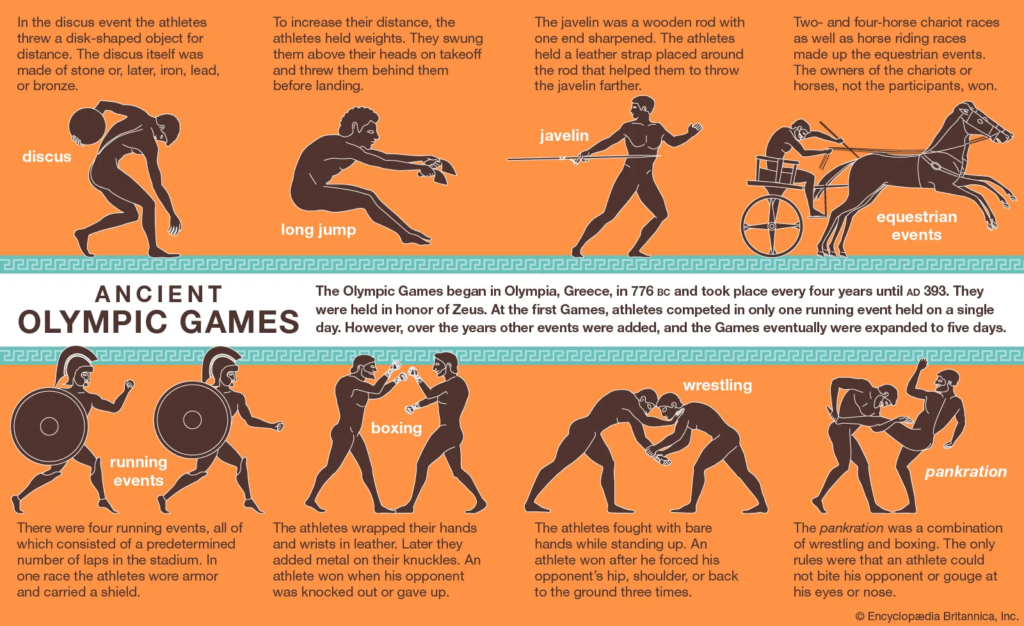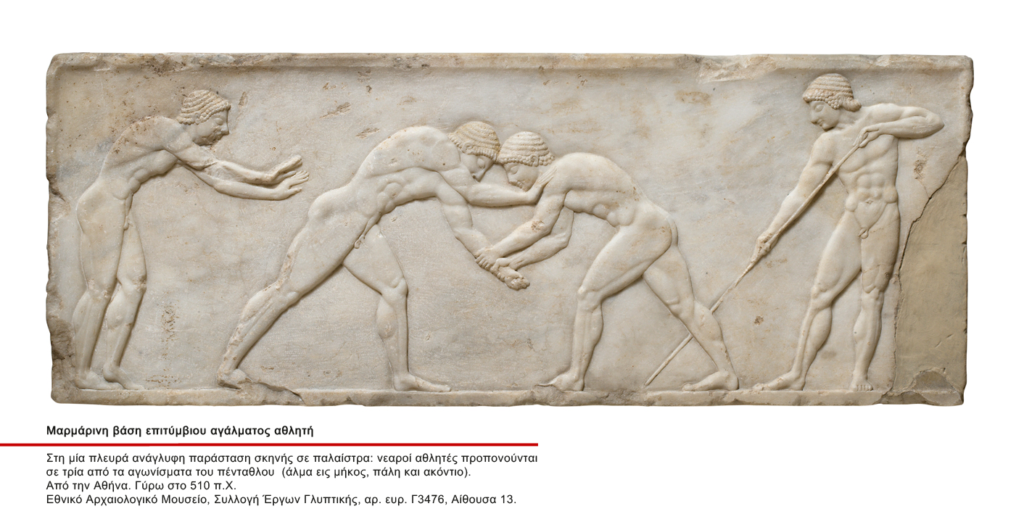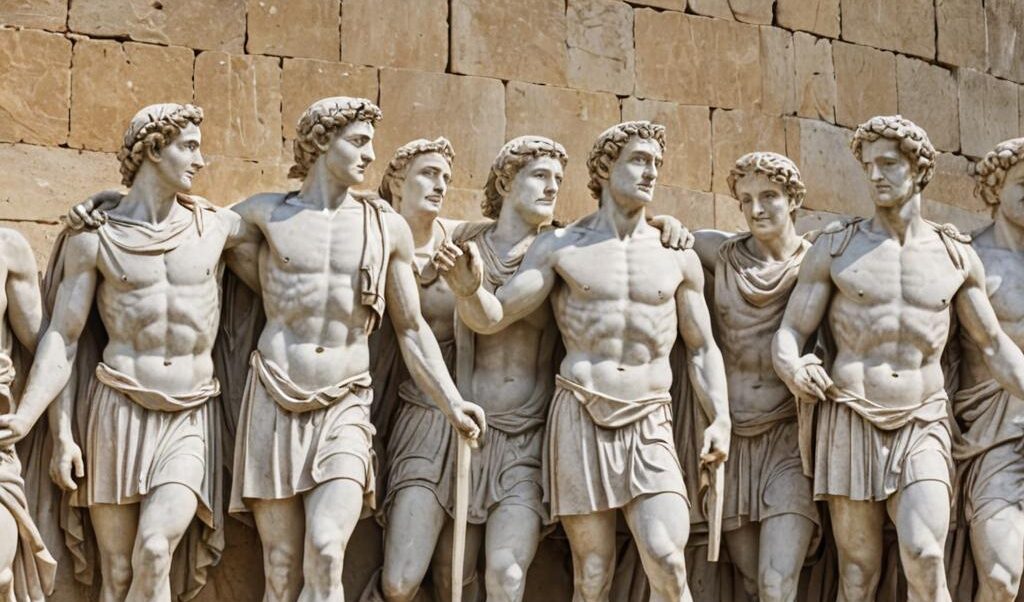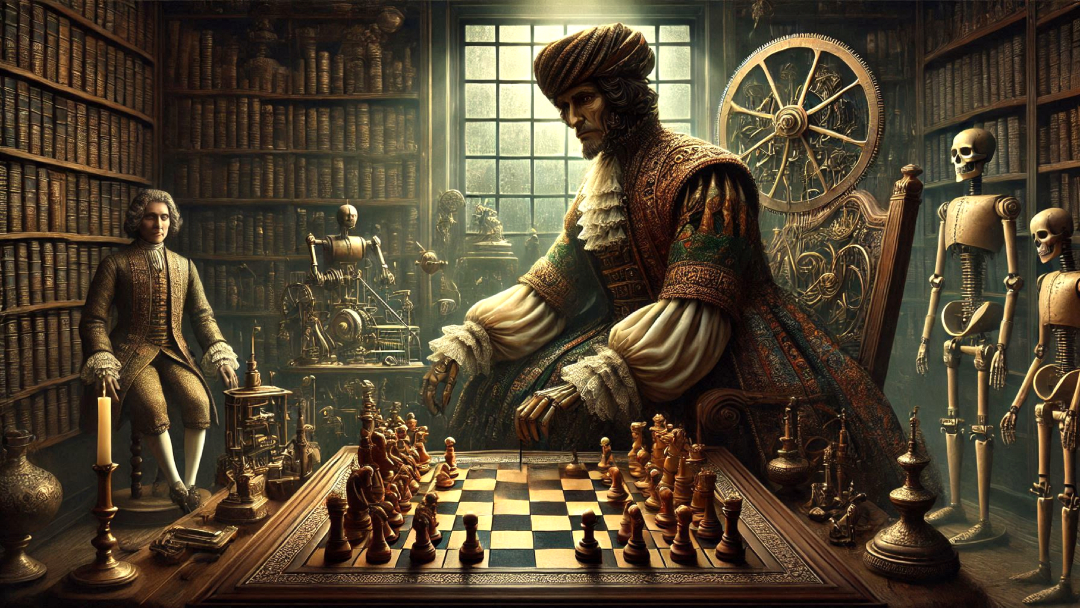1. Introduction: The Timeless Nature of Sports
Sports have been part of human culture for thousands of years — as rituals, competitions, and entertainment. But what games did our ancestors play, and how have they evolved into the sports we know today?

2. Ancient Sports: The Origins of Physical Competition
Sports in Ancient Civilizations:
- Ancient Greece:
- Wrestling, javelin throw, discus, pankration (a mix of boxing and wrestling).
- These formed the core of the ancient Olympic Games (776 BC), some of which still exist today in modern form.
- Ancient China:
- Cuju: An early version of soccer, played with a leather ball.
- Archery and martial arts were also highly respected.
- Ancient Egypt:
- Swimming, rowing, wrestling, and hunting games.
- Murals show Pharaohs engaging in physical competitions.
- Mesoamerican Cultures (e.g., Mayans & Aztecs):
- Ōllamaliztli: A ritual ball game played with rubber balls on stone courts — some aspects are similar to basketball or volleyball.
3. Lost Sports: Games That Didn’t Survive
Many ancient sports were tied to religious or violent rituals and did not survive into the modern era.
Examples of Lost or Obsolete Sports:
- Gladiator combat (Rome):
- Brutal and deadly, these fights were banned as society evolved.
- Jousting (Medieval Europe):
- Though still performed at historical festivals, it’s no longer a competitive sport.
- Pankration:
- Disappeared for centuries; only recently revived as a form of MMA (Mixed Martial Arts).
4. Surviving Sports: Ancient Games Still Played Today

Some sports from thousands of years ago still exist today, though they’ve evolved in rules and structure.
Ancient Yet Still Alive:
- Wrestling: Practiced in nearly all ancient civilizations; now an Olympic sport.
- Track and field events (javelin, discus, long jump): Direct descendants of Greek athletics.
- Archery: From war and hunting to Olympic discipline.
- Marathon: Inspired by the legend of Pheidippides, a Greek soldier who ran from Marathon to Athens.

5. Medieval to Early Modern Sports: The Rise of Recreation
During the Middle Ages and Renaissance, sports shifted from ritual to recreation and status.
Medieval Sports:
- Jousting and melee combat: Knights displayed bravery and skill.
- Mob football: A chaotic version of soccer played between villages.
Renaissance Innovations:
- Tennis: Originally played indoors in France, became popular among European nobility.
- Bowls & croquet: Leisure sports of the elite.
Many of these evolved into today’s modern racket sports and lawn games.
6. The 19th Century: Birth of Modern Sports
Industrialization brought structured leisure time, standardized rules, and professional leagues.
New Sports Were Born:
- Soccer (Football): Formalized in England with global reach.
- Basketball: Invented in 1891 by James Naismith in the U.S.
- Baseball: Grew from English bat-and-ball games.
- Boxing: Transformed from bare-knuckle fighting into a regulated sport.
This period saw the formation of international sports federations and official competitions.
7. The Olympics: A Bridge Between Past and Present

The modern Olympic Games (revived in 1896) connected ancient Greek traditions with modern athleticism.
Global Inclusion:
- Traditional sports adapted to international competition.
- New categories like gymnastics, swimming, and cycling introduced.
- Olympic revival preserved the spirit of ancient competition.
8. The 20th Century: Expansion and Diversity in Sports
In this era, sports became global industries and tools for social change.
Notable Developments:
- Women’s inclusion in most sports (e.g., tennis, athletics).
- Rise of eSports as digital-age competition.
- Emergence of extreme sports like skateboarding, snowboarding, and parkour.
9. Today and Tomorrow: Innovation and Digitalization
Technology is reshaping how we play and watch sports.
Modern Innovations:
- VAR in soccer, Hawk-Eye in tennis.
- Wearables and biometric data in training.
- eSports turning gaming into professional competition.
- Virtual reality sports entering the mainstream.
10. Conclusion: A Constantly Evolving Legacy
From chariot racing to Formula 1, from Cuju to FIFA World Cup — sports have always adapted to society. Some have faded away, while others have transformed or endured. No matter the era, the passion for competition and excellence remains timeless.
React with emojis!












